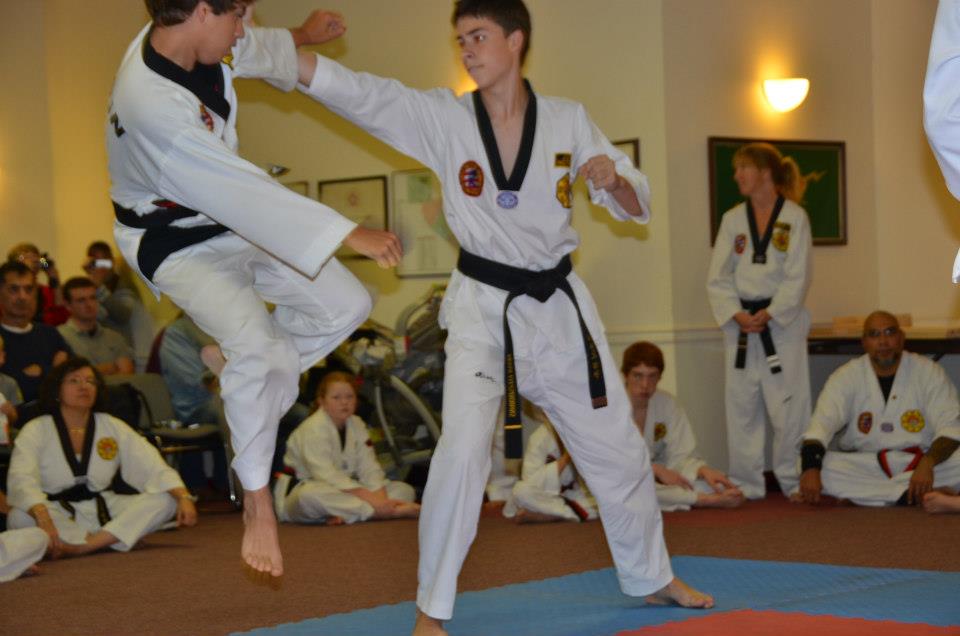From an emotional and psychological perspective the social isolation side effects of the pandemic guidelines and directives have become an existential conundrum. This is not the place where I wish to discuss the pros and cons of such directives but rather what defines our humanness.
Already before the pandemic much of our reading had shifted from paper to screen (granted, it saves trees); many of our financial transactions shifted from bills, coins and bank visits to online and cashless transactions (no loss there); and cinema has moved from movie theatres to the home screen (there are definite pros and cons here). The pandemic has accelerated this development and we have to ask ourselves some urgent questions. Now, many job related activities, teaching, consulting, diagnosing, coaching, and meeting come to mind, even entire jobs, have moved online in just a few short months. My daughter even does virtual dissection in one of her bio labs, a crutch to bridge the pandemic yes, here to stay I hope not. Luckily, there are still many professions that cannot be accomplished virtually, such as sports, the visual arts, chefing, farming, surgeoning, nursing and many more. The big question is what we give up and how we compromise our humanness when we move further and further into an online environment just because we can.
What does it mean to you to be human? What experiences actually distinguish us as humans? I think we hit the limits with virtual weddings, cocktail hours, Thanksgiving and Christmas meals. Lack of in-person contact steeply increased depression during the pandemic, and it is incredibly sad to see nursing home residents isolated from friends and family withering away, mere shells of their former selves.
In our human history we have always come to crossroads where we’ve had to decide what’s a good idea and what’s not. Moving forward with nuclear, GMO and CRISPR technology in human reproduction is questionable and proves that just because we can doesn’t mean we must. I drew the online line when faced with the option of shifting my talks and workshops to the screen a year ago. It gives me no pleasure to speak to a screen and having to imagine my listeners, or interacting with a flat workshop audience on a screen in my kitchen. And isn’t life all about the physical experience? My definition of being human involves the senses. I want to experience the entire you, look you directly into the eyes, detect every minute facial expression, feel your hug and touch, take in the three dimensionality of your outfit, smell your perfume or cologne, unwrap your beautiful present with you by my side, hear people’s voices mingling and overlapping in joyful conversation, or popping in unexpectedly to hash something out in person.
Ask yourself to what extent you want to live in an increasingly virtual world going forward? Where do you draw the line for yourself?





